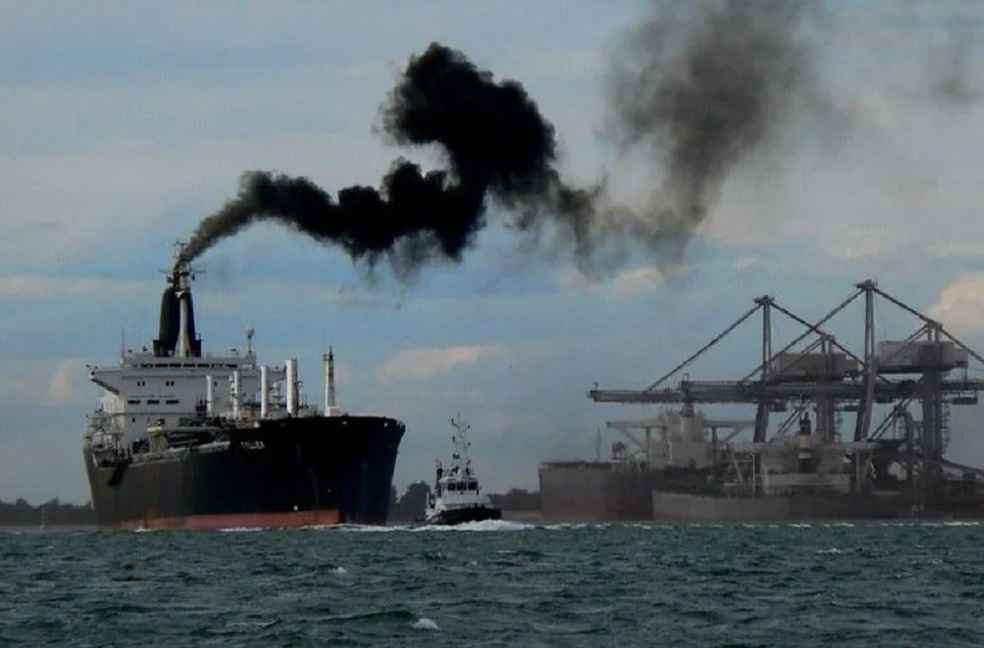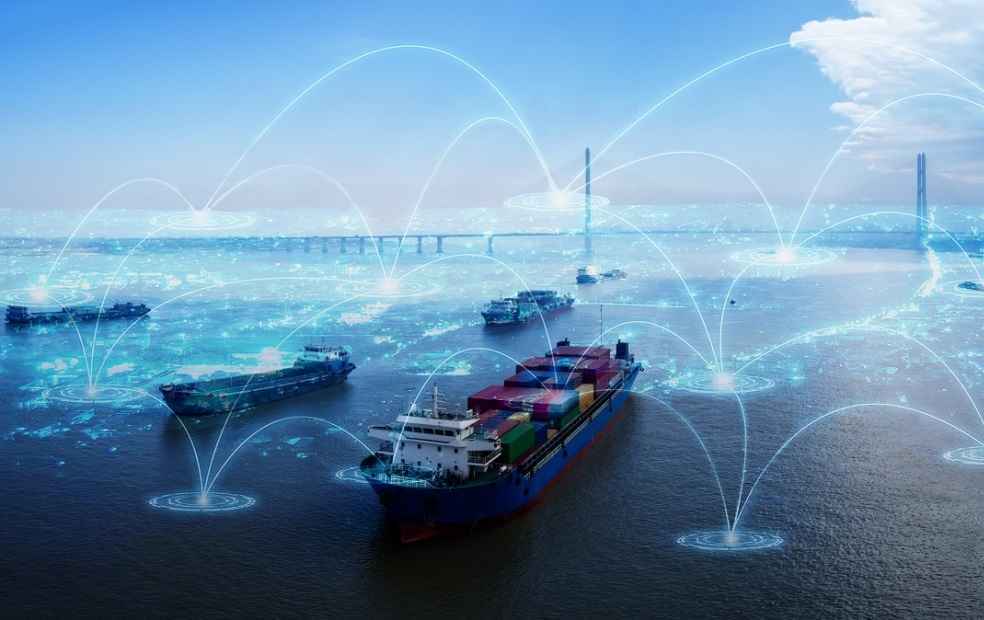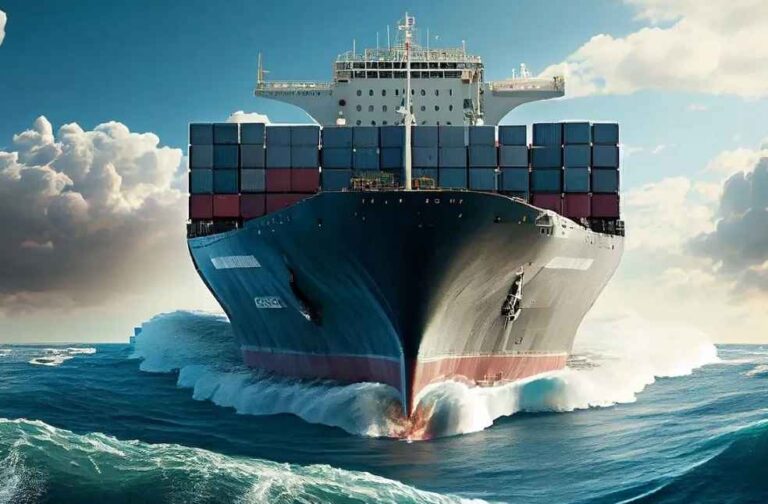At the 28th session of the United Nations Framework Convention on Climate Change’s Conference of the Parties (COP28), currently unfolding in Dubai, a crucial discussion point emerges from the United Nations Conference on Trade and Development (UNCTAD). The agency presses for rapid measures to curb the carbon emissions in the maritime sector, an industry pivotal to the global economy and at risk of soaring its carbon footprint parallel to the growth in global trade.
The COP28, spanning two weeks and attracting over 70,000 participants, is recognized as the largest climate conference to date. Distinguished attendees range from world leaders of France, Japan, the UK, Egypt, Saudi Arabia, Qatar, Jordan, and Brazil, to a diverse array of activists, lobbyists, and business elites, including the prominent billionaire Bill Gates. Notably absent, however, are the leaders of the US and China, the two largest contributors to global pollution.

Occurring at a critical moment, with global emissions on an upward trajectory and predictions pointing to 2023 as potentially the warmest year ever, the summit underscores the urgency for escalated global efforts against climate change to mitigate its most devastating impacts.
UNCTAD’s policy brief sheds light on a crucial fact. The shipping, responsible for transporting over 80% of world merchandise by volume, also contributes 3% to global greenhouse gas emissions. Without targeted action for decarbonization, these emissions are set to rise, shadowing the expected increase in maritime transport and trade.
The journey towards a greener maritime sector faces challenges, notably the uncertainty around future fuel types and regulatory frameworks. This uncertainty stalls investments necessary for the shift to low-carbon fuels and updating the shipping fleet. UNCTAD emphasizes the need for collective effort, involving diverse stakeholders from both within and external to the maritime transport sector.

Significant investments are necessary, not just in ships and alternate fueling systems but also in infrastructure. The financial burden will be felt globally, with the most severe impact on the least developed countries and small island developing states, which already bear high shipping costs. These regions will now have to navigate increased maritime logistics expenses.
Economic strategies like imposing a levy on fuels or setting a carbon price could boost the competitiveness of alternative fuels, provide a stable investment environment, and generate revenue to foster a green and equitable energy transition in shipping.
Decarbonizing shipping isn’t merely a matter of policy change; it demands a technological and operational overhaul, including the adoption of alternative low and zero-GHG fuels. This shift brings with it a potential rise in maritime logistics costs, shipping rates, and voyage durations. Investments will be required for modifying ship designs, engines, and operations, and for large-scale production of alternative fuels, along with the adoption of green onboard technologies. These expenses will escalate costs for shipowners, and the industry, and ultimately, affect trade and consumers.

The financial stakes are high. Cutting shipping emissions in half by 2050 could need an investment of around $1.4 trillion. Ships alone might require an additional $8 billion to $28 billion annually to achieve decarbonization by 2050. Onshore infrastructure, crucial for producing and distributing carbon-neutral fuels by 2050, could necessitate an annual investment between $28-90 billion. Transitioning to pricier energy sources and making the required onshore investments might elevate annual fuel costs by $100 billion to $150 billion upon full decarbonization, a surge of 70% to 100% from present levels.
ENERGY INDUSTRY | Oil Prices Fluctuate: OPEC+ Summit, Black Sea Storm Jolt Global Market



